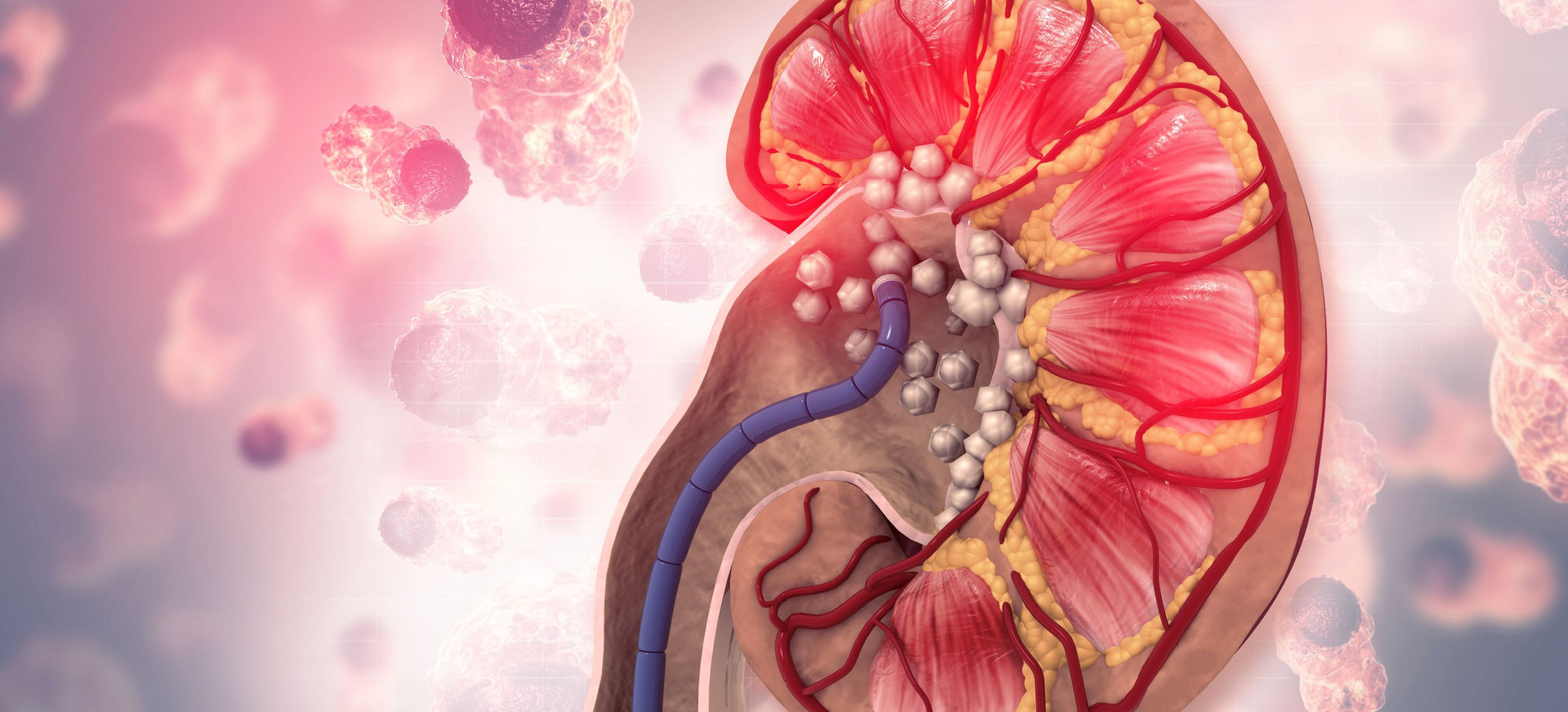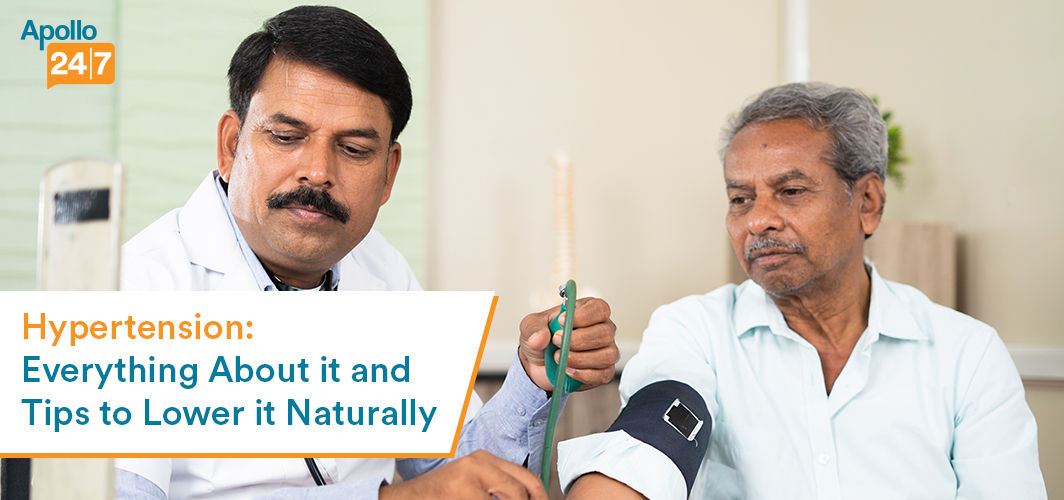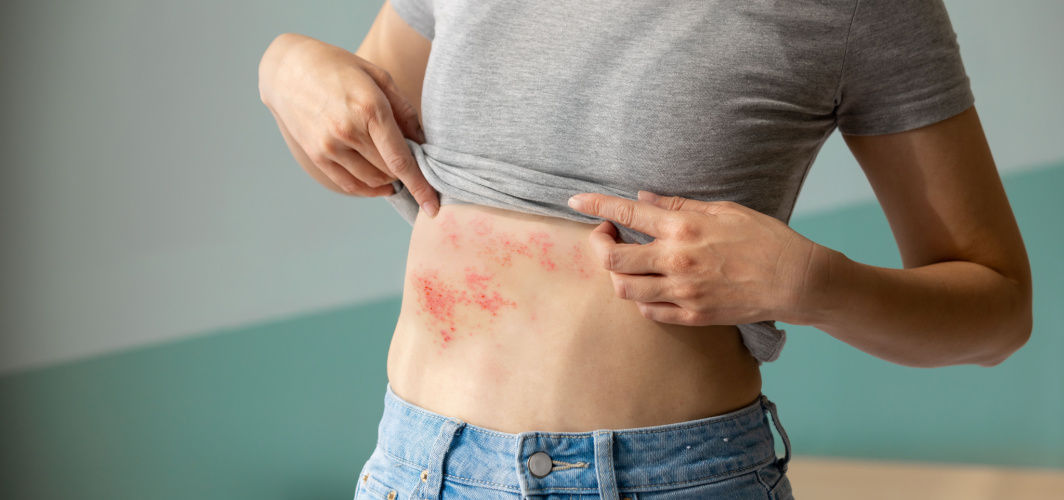General Health
Most Googled Questions On Kidney Stones Answered By An Apollo Expert
3 min read
By Dr Ravi Vemagiri Andrews, Nephrologist, Apollo Hospitals Jubilee Hills, Hyderabad - 24 August 2022, Updated on - 06 December 2022
Share this article
0
8 likes

Sharp, cramping pain in the back and side is often considered a tell-tale sign of kidney stones. But how to be sure? Worry no more! Here are the 10 most commonly asked questions associated with kidney stones, answered by none other than Dr Ravi Vemagiri Andrews, Nephrologist, Apollo Hospitals Jubilee Hills, Hyderabad.
1. What causes kidney stones?
Ans: A genetic tendency for stone formation triggered by unhealthy lifestyle choices often results in kidney stones. These lifestyle choices include drinking less fluids (resulting in dehydration), consuming high uric acid and high oxalate (found in foods like beans and soy), high salt consumption, drinking too much alcohol, and eating foods and drinks with too much calcium.
2. How common are kidney stones?
Ans: Kidney stones are quite common as one in 10 persons suffers from a kidney stone at some point in their life.
3. What are the risk factors for kidney stones?
Ans: The risk factors for kidney stones include:
- Family history
- Dehydration
- Consuming foods with high salt, uric acid, calcium, and oxalate
- Recurrent urinary tract infections
- Drinking too much alcohol

4. What are the kidney stone symptoms?
Often, kidney stones are asymptomatic and discovered incidentally. However, the most common kidney stone symptoms include:
- Back pain travelling towards the bladder
- Vomiting
- Blood in urine
- Frequent urination
- Burning sensation while urinating
- Fever with chills
- Passage of stones/gritty material in the urine
5. How are kidney stones diagnosed?
Ans: Your doctor may take complete medical and family history and recommend some diagnostic tests to confirm the presence and size of kidney stones. Some of these tests include:
- Ultrasound of the abdomen
- Plain CT scan of the abdomen
- Intravenous Pyelography (IVP)
- CT Urography
- MR Urography
6. How are kidney stones treated?
Ans: Initially, every attempt should be made to identify the root cause of the stone formation and treat it. Identifying the major components of the stone (such as calcium, oxalate, or uric acid) can also help in determining the underlying issue. Depending on the underlying cause, the kidney stones treatment is divided into; medical and surgical.
Medical treatment for kidney stones includes making dietary and lifestyle changes, drinking enough water and taking certain medications. Surgical treatment is given only after the medical treatment fails. Your doctor may also use “Extracorporeal Shock Wave Lithotripsy” to break the stone with a laser.
7. How to prevent kidney stones?
Ans: Kidney stones can be prevented by:
- Drinking plenty of fluids
- Reducing salt in the diet
- Reducing the intake of red meat
- Consuming more fruits
- Reducing alcohol intake
- Aggressively treating urinary tract infections
8. Do children get kidney stones?
Ans: Rarely, but yes, children can also get kidney stones.
9. What is the ideal kidney stones diet for people suffering from it?
Ans: People suffering from kidney stones should:
- Increase fluid intake
- Consume less red meat
- Minimise alcohol intake
- Eat more fruits and vegetables
- Avoid eating spinach and tomato
- Avoid drinking too much milk and milk products
10. Can beer help in getting rid of kidney stones?
Ans: No! This is one of the most common myths associated with kidney stones. If you have kidney stones, you must avoid alcoholic beverages to avoid worsening of symptoms.

If you suffer from kidney stones and need expert advice,
General Health
Leave Comment
Recommended for you

General Health
How Much Hair Fall Is Normal?
There will be times when you only see a few hairs and other times when you will see a lot more. Because of this, people often wonder, "How much hair fall is normal?" In this blog, we will discuss the average amount of hair that one loses per day, as well as the causes of sudden hair loss and treatments for the condition.

General Health
Know Everything About Hypertension: Tips to Lower Blood Pressure Naturally?
High blood pressure, also called hypertension. Because of hypertension, many individuals all over the world are suffering with multiple diseases that are affecting ones daily life.

General Health
Shingles: Symptoms, Diagnosis, Treatment, Vaccination
Shingles can be extremely painful. Read to understand symptoms, diagnosis, treatment options, and the importance of vaccination for prevention.
Subscribe
Sign up for our free Health Library Daily Newsletter
Get doctor-approved health tips, news, and more.
Visual Stories

Plant-based Foods That Are a Great Source of Iron
Tap to continue exploring
Recommended for you

General Health
How Much Hair Fall Is Normal?
There will be times when you only see a few hairs and other times when you will see a lot more. Because of this, people often wonder, "How much hair fall is normal?" In this blog, we will discuss the average amount of hair that one loses per day, as well as the causes of sudden hair loss and treatments for the condition.

General Health
Know Everything About Hypertension: Tips to Lower Blood Pressure Naturally?
High blood pressure, also called hypertension. Because of hypertension, many individuals all over the world are suffering with multiple diseases that are affecting ones daily life.

General Health
Shingles: Symptoms, Diagnosis, Treatment, Vaccination
Shingles can be extremely painful. Read to understand symptoms, diagnosis, treatment options, and the importance of vaccination for prevention.